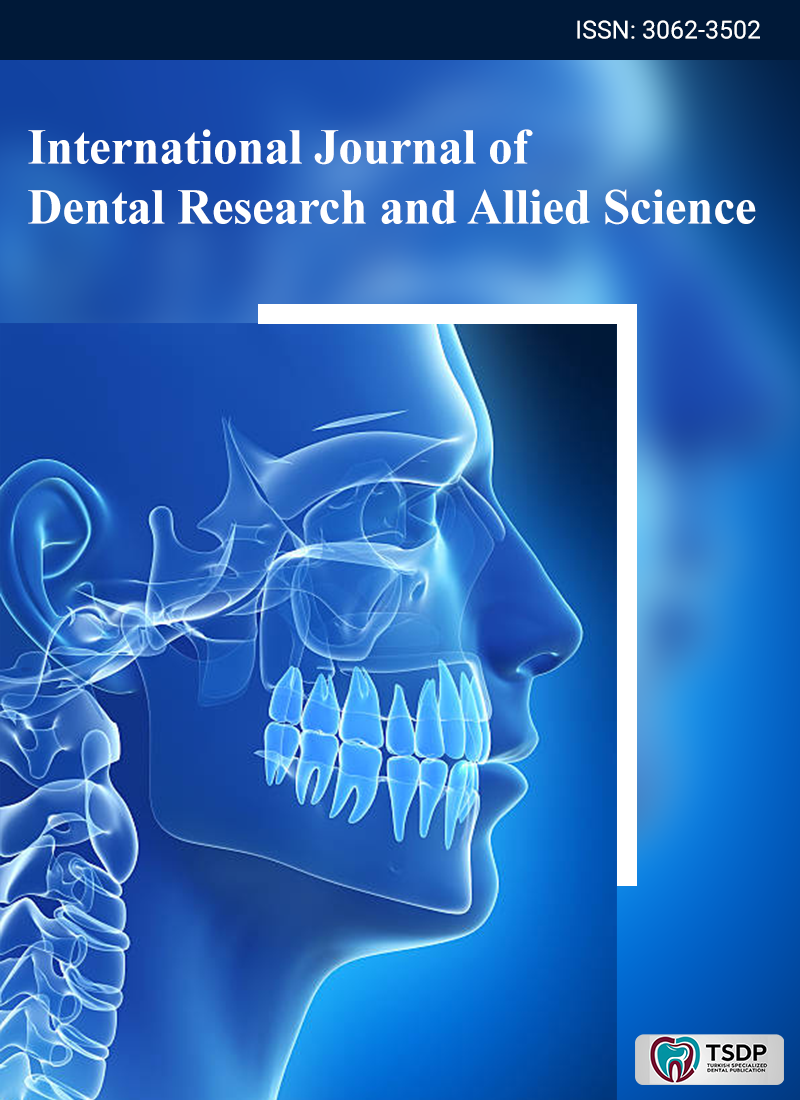
The antibacterial properties of restorative materials play an important role in minimizing the occurrence of recurrent caries. This study focuses on evaluating and comparing the antimicrobial effect and compressive strength of thyme-modified glass ionomer cement with conventional glass ionomer cement. Thyme extract was derived from dried thyme leaves and incorporated into the traditional GIC formulation. The modified GIC was prepared by blending the extract with the powder and liquid components in three different ratios: 2:1:1, 3:1:2, and 3:2:1, designated as group I, group II, and group III, respectively, while group IV served as the control (unmodified GIC). The antibacterial potential of both modified and unmodified GIC was evaluated against standard strains of Streptococcus mutans and Lactobacillus using the MIC assay. The samples were incubated under appropriate conditions for different durations (1, 2, 3, and 4 h). Compressive strength was determined using cylindrical molds according to ISO 9917-1:2007 standards, with the maximum force the specimen could endure before fracture recorded in MPa. The findings showed that all modified groups exhibited significantly higher antimicrobial activity against S. mutans without compromising strength compared to the control group (P > 0.05). However, when tested against Lactobacillus, no statistically significant difference was observed between the modified and control groups (p>0.05). These results indicate that thyme-modified glass ionomer cement possesses superior antimicrobial properties compared to conventional glass ionomer cement.